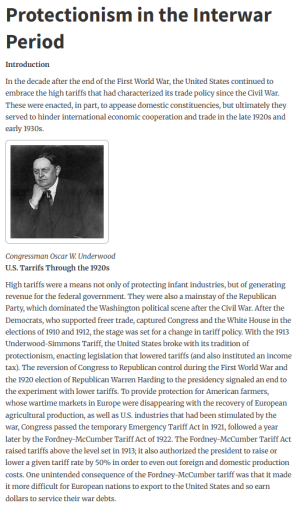So do you similarly advocate that our government should stop unfairly subsidizing our farmers? Or is it do as we say not as we do?
Do United States trade policies protect American farmers unfairly?
U.S. trade policies do provide significant protections for American farmers, which some argue are unfair to foreign competitors. The U.S. heavily subsidizes its agricultural sector—$25.7 billion in direct payments to farmers in 2022, per USDA data. Programs like crop insurance, price supports, and disaster relief reduce financial risks for U.S. farmers, giving them an edge over farmers in countries with less government support. For example, U.S. corn and soybean farmers benefit from subsidies that lower production costs, allowing them to export at competitive prices, which can undercut farmers in developing nations like Brazil or Argentina.
Tariffs and trade barriers also protect U.S. farmers. The U.S. imposes tariffs on certain agricultural imports (e.g., 350% on some dairy products under USMCA), limiting foreign competition. Critics, especially from the EU and Canada, argue these protections distort markets and favor U.S. producers disproportionately.
However, defenders of U.S. policies argue they’re necessary to counter other countries’ subsidies and tariffs. The EU’s Common Agricultural Policy, for instance, provided €54 billion in 2022, and China’s agricultural subsidies are estimated at $212 billion annually. Without U.S. protections, farmers could face volatile global markets and unfair competition from state-backed foreign producers.
The "unfairness" depends on perspective: U.S. policies shield domestic farmers but can harm foreign producers and global market efficiency. Yet other nations’ similar protections suggest the U.S. isn’t uniquely unfair—it’s part of a global pattern of agricultural protectionism.






